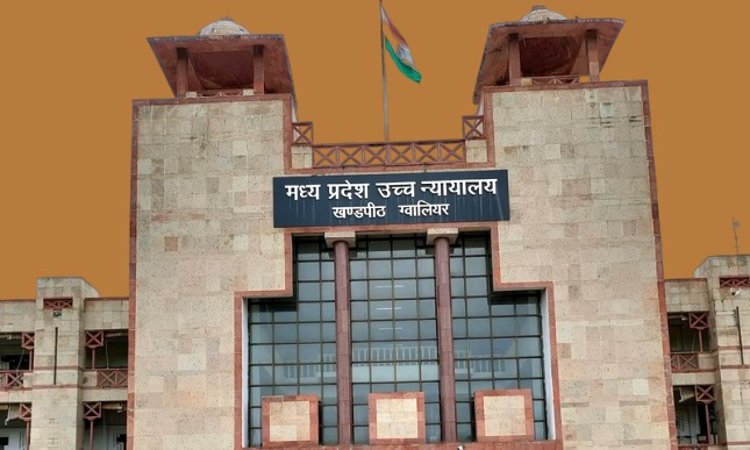S.84 IPC | Accused Must Prove "Legal Insanity", Not Medical Insanity: Madhya Pradesh High Court
Zeeshan Thomas
21 July 2022 4:31 PM IST

Next Story
21 July 2022 4:31 PM IST
The Madhya Pradesh High Court, Gwalior Bench, recently elucidated the difference between the term 'Legal Insanity' and 'Medical Insanity' in the context of Section 84 of IPC.The Court opined that in order to bring a case within the ambit of Section 84 IPC, the accused has to prove that they were suffering from Legal Insanity. The bench comprising of Justice G.S. Ahluwalia and...
